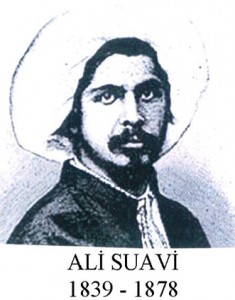This review appeared in the June issue of The Mennonite Historian. The reviewer is Ahmet Şeyhun, Professor of Islamic/Middle Eastern History at the University of Winnipeg. I consider it a great compliment that he gives his stamp of approval to the Islamic and Muslim historical context that I attempted to portray in Pilgrims on the Silk Road.
In the review, Seyhoun mentions my reference to an important Ottoman thinker named Ali Suavi. The inclusion of Shariah (the Islamic moral code and religious law) in modern nation-building was a controversial issue in the days of the Suavi and the Khiva Mennonites. In aftermath of the Arab Spring, it continues to be an important issue today.
The Mennonites of Khiva would have argued with Suavi’s assessment that good government begins with Islamic law. However, they were certainly affected by Shariah, along with the often violent winds of change as Khiva moved from a kingdom, to a quasi-democratic state, to a vassal of Soviet Empire.
http://mennonitehistorian.ca/37.2.MHJun11.pdf
Throughout the nineteenth century, Tsarist Russia was on the rise and from 1865 onwards Russian hegemony was gradually established over the Turkic and Muslim states of Central Asia, namely the khanates of Khiva, Bukhara and Kokand. Russian conquest of the Trans Caspian Turkmen lands between 1881 and 1884 would bring Russia to the gates of India in northern Afghanistan. The Russian-British rivalry in Asia was called the Great Game and it constituted one of the most important episodes of imperialism.
Walter R. Ratliff has written a very interesting work describing one of the epic journeys of the Mennonites, this time in Russia and Central Asia of the nineteenth and early twentieth centuries. Central Asia, always a crossroad of civilizations and cultures, is the setting of this Mennonite odyssey. Events unfolding in this book occurred during one of the most important times in the modern history of Central Asia – its occupation by Russia.




